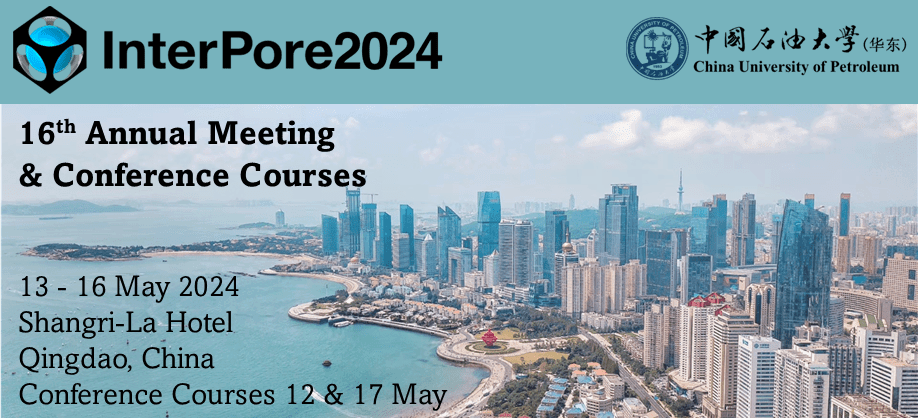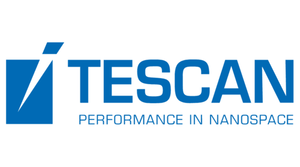Speaker
Description
Recent breakthroughs in deep neural networks have brought about transformative insights into the realms of physics, engineering, and scientific computing. Addressing the integration of neural networks with physical simulation remains a paramount research focus, where the physics-informed neural network (PINN) stands out as a widely adopted framework due to its versatility in constructing neural networks and exceptional generalization capabilities. However, challenges arise in enforcing flux continuity across boundaries between cells with varying physical properties, particularly in scenarios involving spatial heterogeneity. This work introduces a novel paradigm, the criss-cross physics-informed convolutional neural network (CC-PICNN) learning architecture, specifically designed to address the solution of parametric partial differential equations (PDEs) in the presence of spatial heterogeneity in physical properties. The central objective is to seamlessly enforce flux continuity while imbuing convolutional neural networks (CNNs) with meaningful physical interpretations. A key innovation is the introduction of a predefined 2D convolutional layer to accurately express transmissibility between adjacent cells. To assess the effectiveness of the proposed CC-PICNN method, a comprehensive evaluation is undertaken using petroleum reservoir problems characterized by spatial heterogeneity. The performance of CC-PICNN is benchmarked against the state-of-the-art PINN through meticulous numerical analyses, revealing the superior efficacy of the proposed method. This research not only contributes to advancing our understanding of addressing spatially heterogeneous scientific challenges but also provides a more robust and effective solution compared to existing approaches, particularly PINN. The proposed CC-PICNN framework holds promise for applications demanding accurate modeling of physical properties in diverse scientific domains.
| Country | China |
|---|---|
| Conference Proceedings | I am interested in having my paper published in the proceedings. |
| Student Awards | I would like to submit this presentation into both awards |
| Acceptance of the Terms & Conditions | Click here to agree |




.jpg)
